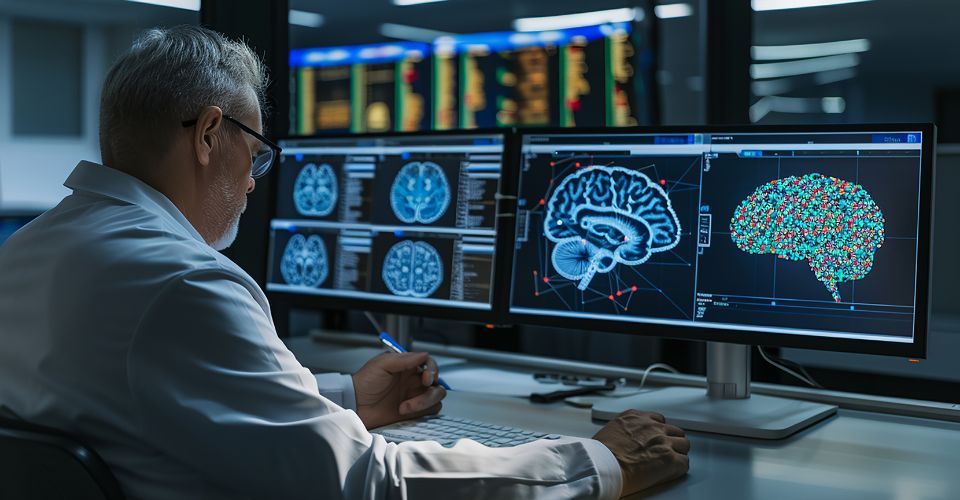Brain News– New study found that having a good listener can help in building cognitive resilience. Social interactions prevent cognitive decline in adults despite neuropathological changes, such as those present in Alzheimer’s disease.
In a new study published in the JAMA Network Open, researchers at the NYU Langone Health / NYU Grossman School of Medicine applied the Framingham Heart Study (FHS) as the source of their study in which they examined 2171 participants with an average age of 63. Participants of FHS reported about the availability of their supportive social interactions, such as good advice, emotional support, listening, adequate contact with close people, love, and affection.
The researchers used MRI scans and neuropsychological assessments taken as a part of FHS to measure the participants’ cognitive resilience as the relative effect of their total cerebral brain volume on global cognition. They studied the modifying effect of individual forms of social support on the association between cerebral volume and cognitive performance.
According to the study findings, the cognitive function of people with greater availability of one specific form of social support was higher relative to their total cerebral volume. It showed that the key form of social support referred to the listener availability and it was highly related to greater cognitive resilience. The research result found that having a good listener available most of the time (especially when one needs to talk) helps build greater cognitive resilience.
Though Alzheimer’s disease mostly affects older people, the research specified that people younger than 65 would benefit from taking stock of their social support. People in their 40s and 50s who had low listener availability were more likely to have a cognitive age which was four years older than those people who had high listener availability, lead researcher Joel Salinas added.
He even suggests physicians to ask the patients whether they have access to a supportive good listener when they need to talk. “These kinds of questions about a person’s social relationships and feelings of loneliness can tell you a lot about a patient’s broader social circumstances, their future health, and how they’re really doing outside of the clinic,” Salinas added.
To Know More You May Refer To:
Salinas J, O’Donnell A, Kojis DJ, et al. Association of Social Support With Brain Volume and Cognition. JAMA Netw Open. 2021;4(8):e2121122. doi:10.1001/jamanetworkopen.2021.21122





























Leave a Reply
You must be logged in to post a comment.